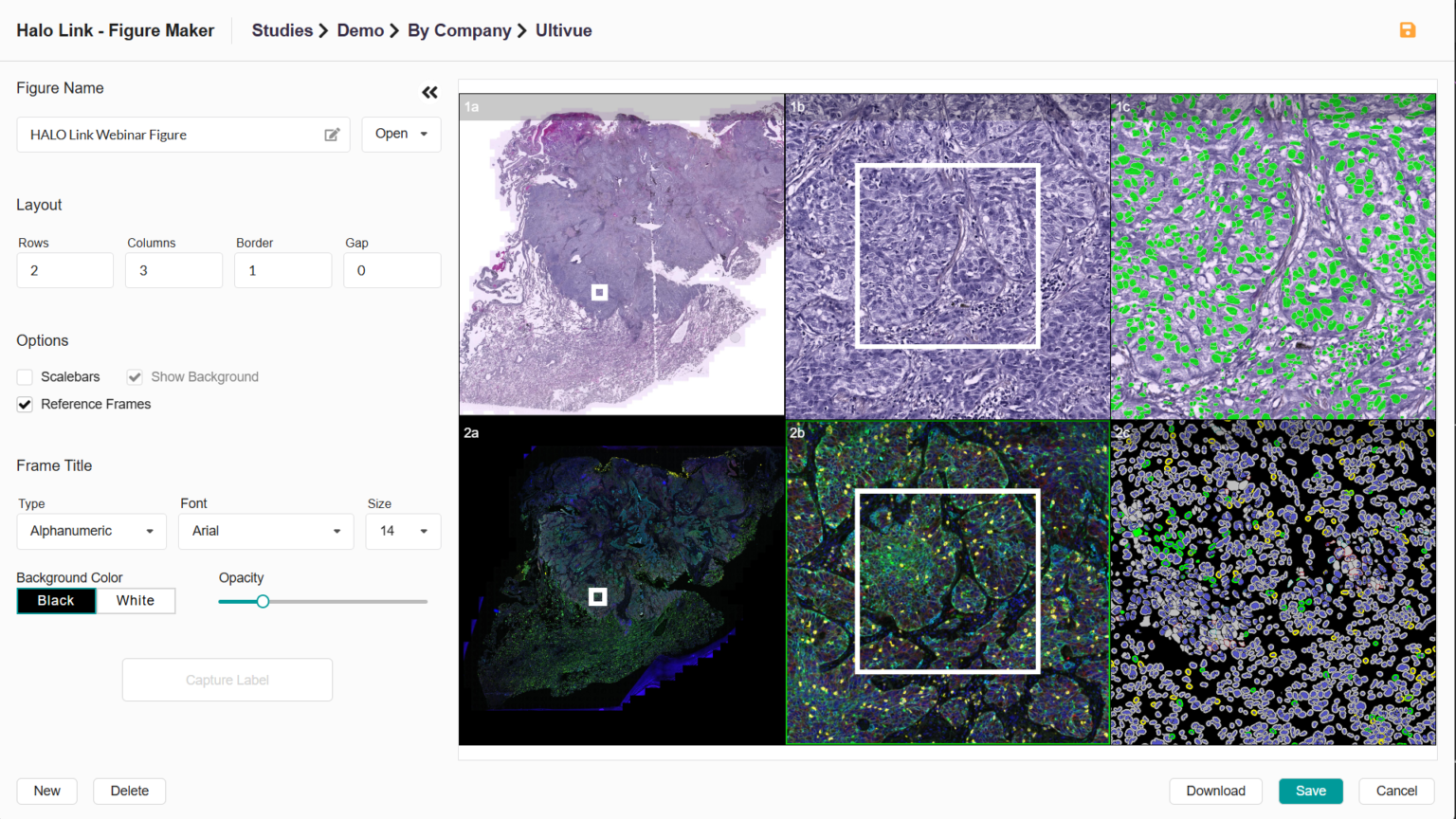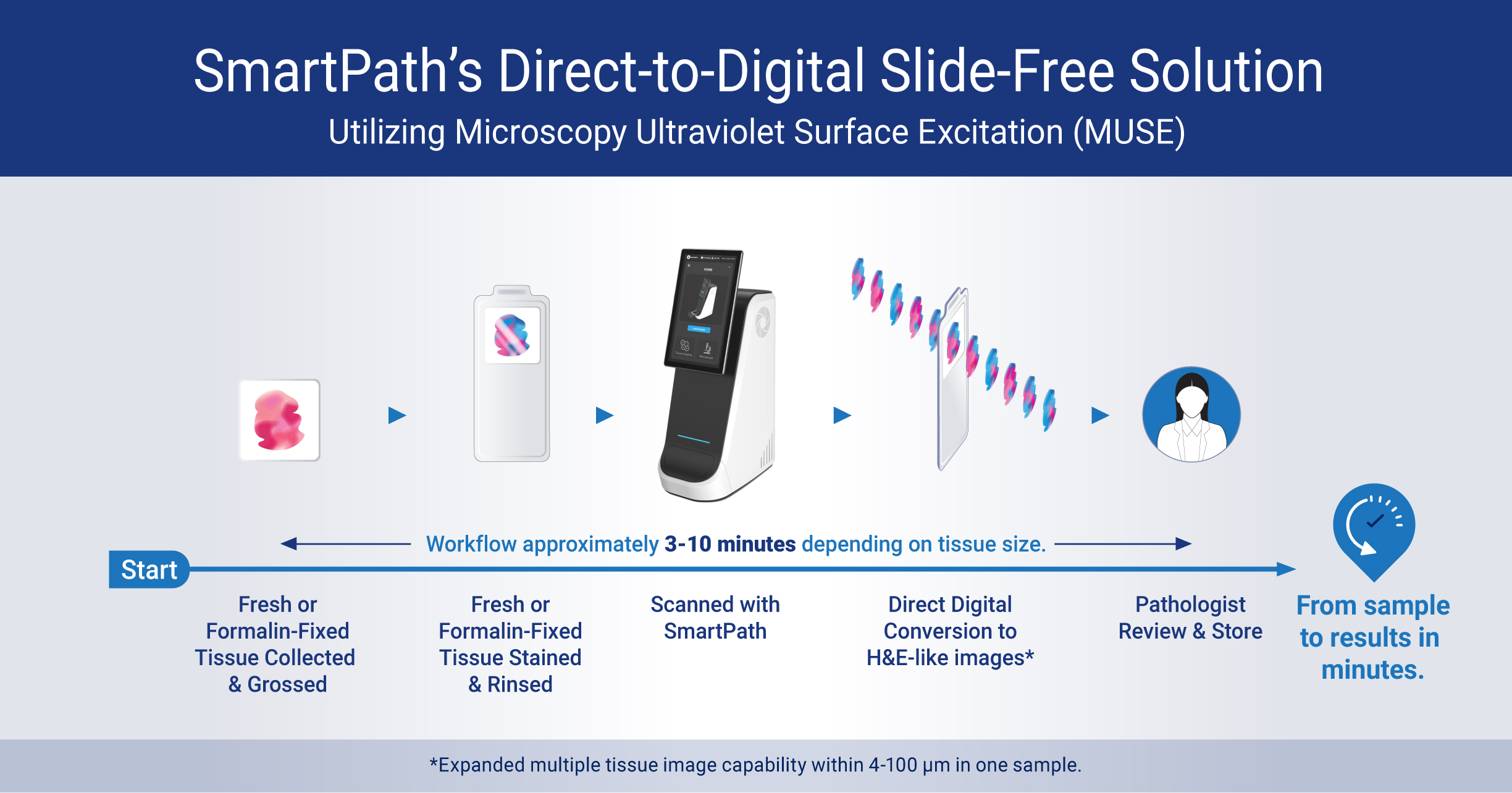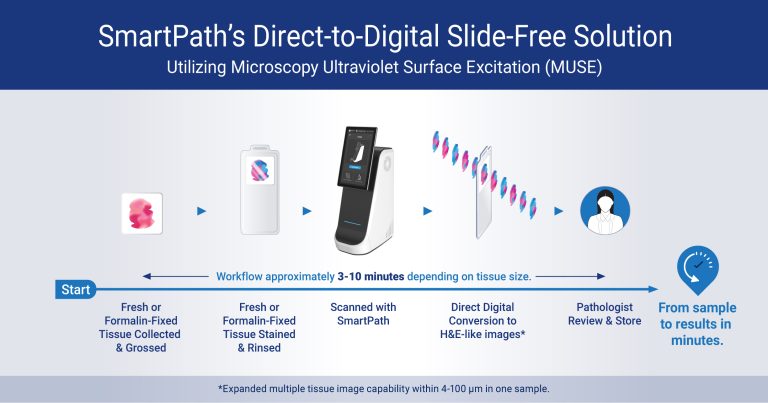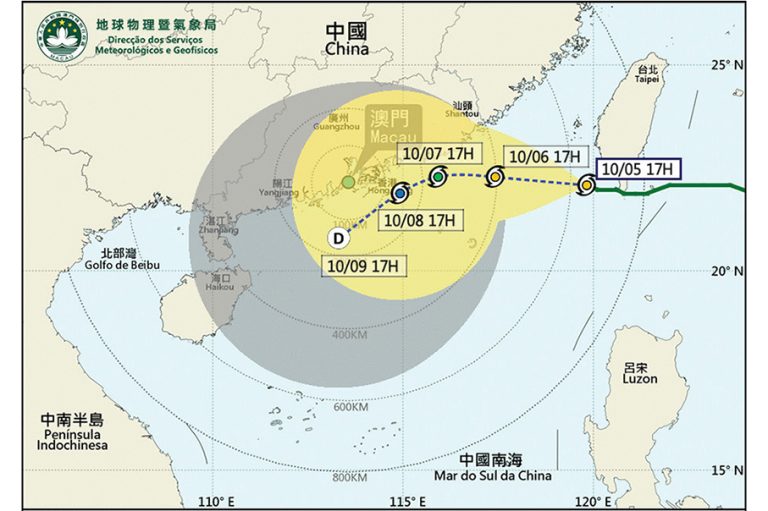In the rapidly evolving landscape of medical technology, artificial intelligence is making remarkable strides in transforming healthcare diagnostics. A groundbreaking development from the Hong Kong University of Science and Technology (HKUST) promises to revolutionize cancer diagnosis through an innovative AI-powered pathology analysis system called SmartPath.
At its core, SmartPath represents a quantum leap in medical diagnostics, offering an unprecedented level of accuracy and comprehensive diagnostic capabilities. Developed through a collaborative effort between HKUST’s Department of Computer Science and Engineering and the Department of Chemical and Biological Engineering, this system boasts an impressive accuracy rate exceeding 95% across multiple cancer types.

The system’s capabilities are truly remarkable. SmartPath covers an extensive range of 34 human tissue areas and leverages over 500,000 whole-slide images to provide a comprehensive diagnostic solution. Healthcare professionals can now rely on a single platform that handles multiple critical functions, including clinical diagnosis, cancer classification, biomarker quantification, treatment evaluation, and prognosis follow-up.
What sets SmartPath apart are its two advanced AI models. The General Pathology Foundation Model creates a unified framework for precisely identifying common cancers, enabling predictions about patient survival and treatment responses. Complementing this is a multimodal whole-slide pathology foundation model that ingeniously combines pathological images with textual data like medical reports and transcriptomics, generating comprehensive reports within minutes.

Professor Hao Chen, the lead researcher, emphasized the system’s particular effectiveness in diagnosing some of Hong Kong’s most prevalent cancers, including lung, breast, colorectal, and gastric cancers. The system has undergone rigorous clinical validation across more than 10 leading hospitals in mainland China and Hong Kong, consistently demonstrating its remarkable diagnostic capabilities.
Beyond its high accuracy, SmartPath significantly accelerates the diagnostic process. By reducing the time required for comprehensive analysis, the system enables faster clinical decision-making—a critical factor in cancer treatment where time can be of the essence. This efficiency could potentially translate into earlier interventions and improved patient outcomes.

The research team’s vision extends beyond current capabilities. They are actively working to expand SmartPath’s diagnostic range to include rarer and more genetically complex cancer types. This forward-thinking approach ensures the system remains at the cutting edge of medical technology, continuously adapting to evolve healthcare needs.
While AI in medical diagnostics is not entirely new, SmartPath represents a significant leap forward. By integrating advanced machine learning techniques with comprehensive medical data, the system offers a glimpse into a future where technology can dramatically enhance human medical expertise.

As healthcare continues to embrace technological innovations, systems like SmartPath demonstrate the immense potential of artificial intelligence. By providing more accurate, faster, and comprehensive diagnostic tools, such technologies hold the promise of transforming patient care, potentially saving lives through early and precise detection.
The development of SmartPath is more than just a technological achievement—it’s a testament to the power of interdisciplinary collaboration and innovative thinking in addressing complex medical challenges. As research continues, we can look forward to even more sophisticated AI-driven medical solutions that push the boundaries of what’s possible in healthcare diagnostics.










